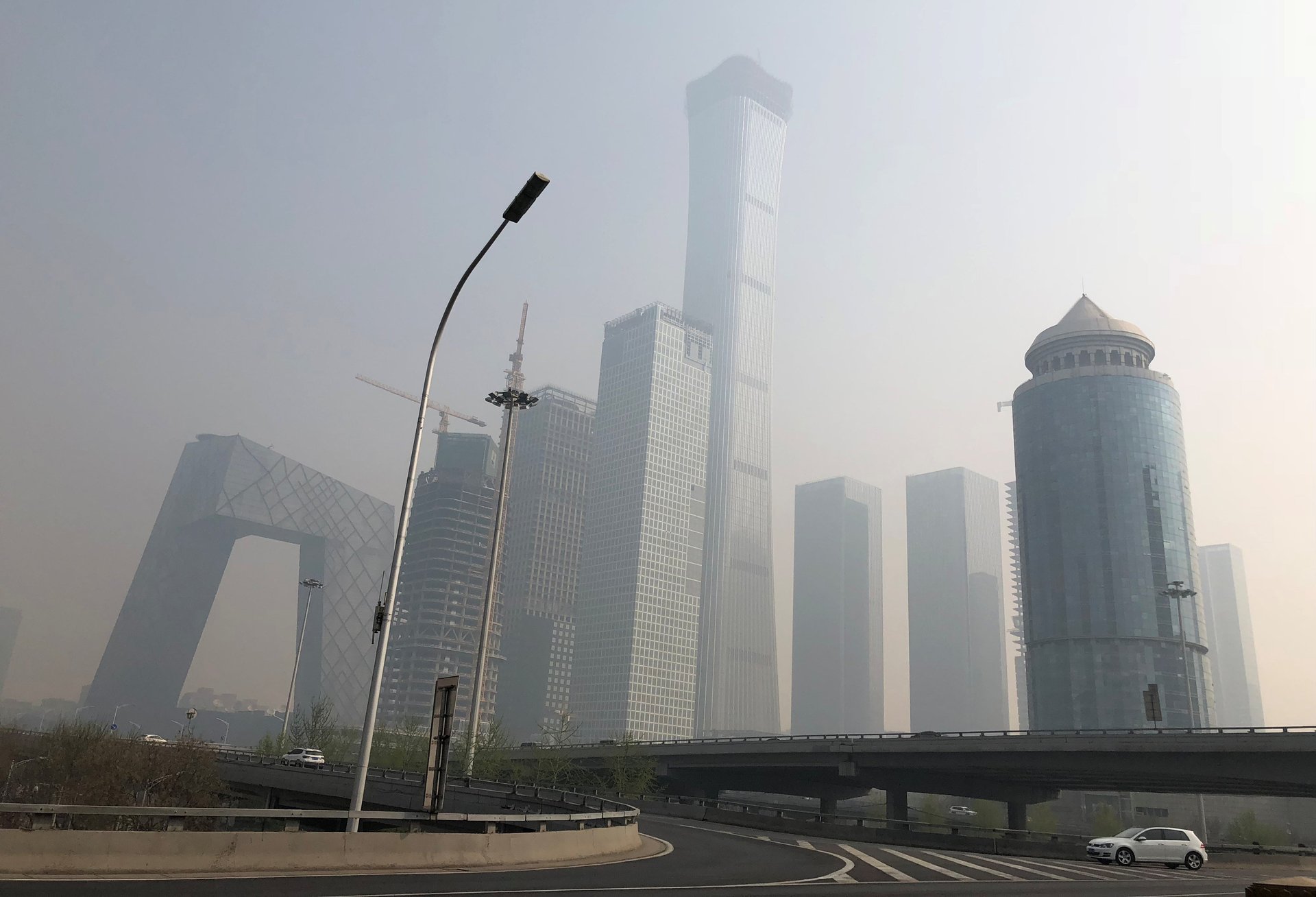China posted its slowest economic growth since the Great Recession
In its first economic growth numbers since the US-China war kicked off for real this summer, China posted economic growth of 6.5% for the July-September quarter compared with a year earlier, lower than the 6.6% forecast by economists surveyed by Reuters.


In its first economic growth numbers since the US-China war kicked off for real this summer, China posted economic growth of 6.5% for the July-September quarter compared with a year earlier, lower than the 6.6% forecast by economists surveyed by Reuters.
“The official figures have been too stable in recent years to be taken at face value but there is little doubt that the economy is currently cooling,” said research firm Capital Economics in a note.
The numbers are the lowest quarterly figures since early 2009, when the global economy was in the throes of a financial crisis, and the data release was preceded by top financial officials urging investors to remain calm. Economists say the slower growth reflects the fallout from China’s efforts to battle to rein in companies from debt-fueled spending, and rising trade tensions with the US. The US has now imposed tariffs on some $250 billion worth of Chinese goods.
Still, China is on track to meet its 6.5% target for the year.
China’s weakening economy has shown up in a variety of economic indicators, and in its stock market. The Shanghai Composite Index is down about 25% (paywall) for the year, making it the world’s worst performing global benchmark in 2018. The country’s tech giants, like Alibaba and Tencent, have lost hundreds of billions of dollars in market cap as investors worry about the trade war and policy actions by the Trump administration that have hurt China’s tech firms. In discussions online, people in China have voiced concern over the economy and spoken of cutting back on their own spending.
The fourth quarter kicked off with the Golden Week national holiday in the first week of October, traditionally a time of high spending, including on real estate. But data from the first week of the month showed a 27% decline in property sales in more than 30 cities monitored by property consultancy CRIC.
The country’s central bank has reduced banks’ reserve requirements four times this year in order to release more money into the economy. Capital Economics believes that more easing is on the way. However, China won’t be able to undertake the kinds of huge stimulus measures it took a decade ago, as policymakers continue to grapple with the fallout from the rapid growth in credit (paywall) as a result of those measures.
Not all China’s recent economic figures have been grim. In September, China saw a record monthly trade surplus with the US, but economists said that this could be due to businesses rushing to move shipments in order to avoid future tariffs.